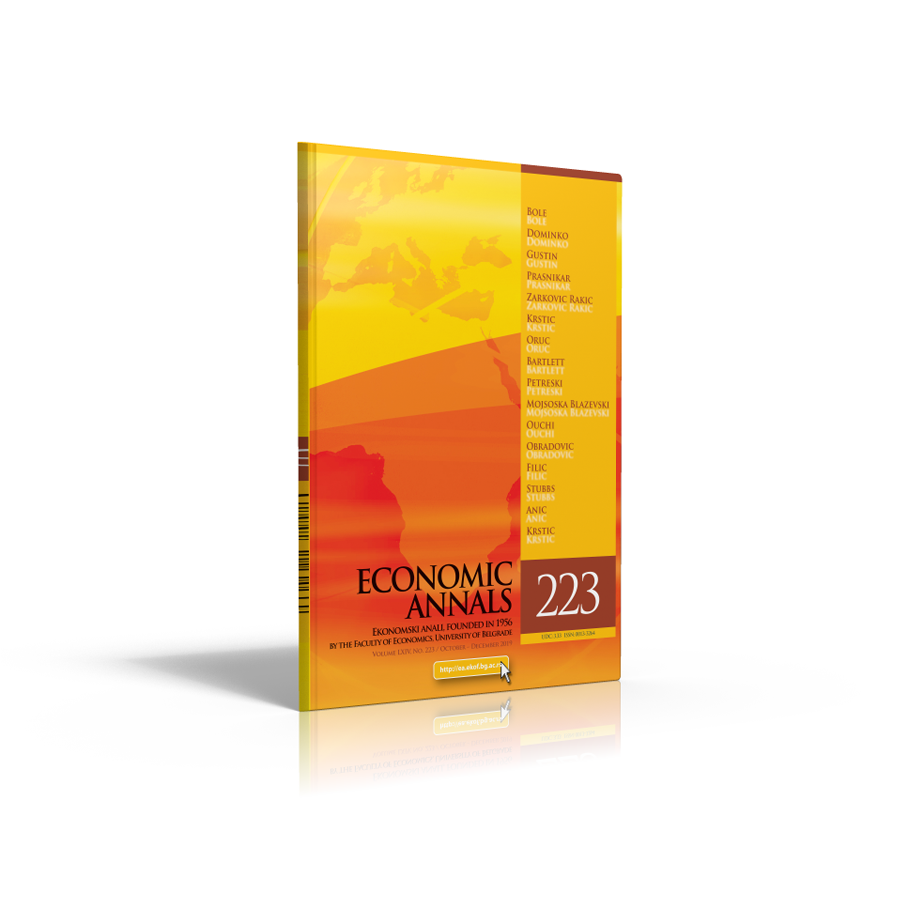TOWARDS A POLITICAL ECONOMY OF WELFARE IN CROATIA
##plugins.themes.bootstrap3.article.main##
##plugins.themes.bootstrap3.article.sidebar##
Paul Stubbs
Abstract
A political economy of social welfare in Croatia explores drivers of, and impediments to, change, addressing the im-pact of processes of neo-liberalisation, the complexities of regulatory and institutional landscapes and the interactions of nation, familialism, and class. Instead of a stable welfare regime, Croatia’s welfare system is marked by hybridity in the context of a political economy that continues to be cri-sis-prone. This paper focuses on the social welfare implications of the mix of ‘crony’, ‘authoritarian’ and ‘predatory’ capitalism present in Croatia since independence. Other than the role of international actors including the World Bank and the Euro-pean Union, and notwithstanding the lack of political will for reform, we suggest that two broad forces are dominant in shaping social welfare in Croatia. The first is war veterans’ associations and their support-ers, keen to maintain and even extend their significant benefits in return for continued support for the HDZ party (Croatian Dem-ocratic Union), a quasi-institutionalised form of ‘social clientelism’. The second is an empowered radical right, promulgating a conservative Catholic agenda of a return to ‘traditional’ – that is, heteronormative – family values, reinforcing an aggressive Croatian nationalism and advocating ‘ de-mographic renewal’.
##plugins.themes.bootstrap3.article.details##
Keywords
welfare, Croatia, political economy, authoritarian neoliberalism
JEL Classification
I39
Issue
Section
Articles
How to Cite
Stubbs, P. (2019). TOWARDS A POLITICAL ECONOMY OF WELFARE IN CROATIA. Economic Annals, 64(223), 105-136. https://doi.org/10.2298/EKA1923105S
How to Cite
Stubbs, P. (2019). TOWARDS A POLITICAL ECONOMY OF WELFARE IN CROATIA. Economic Annals, 64(223), 105-136. https://doi.org/10.2298/EKA1923105S

